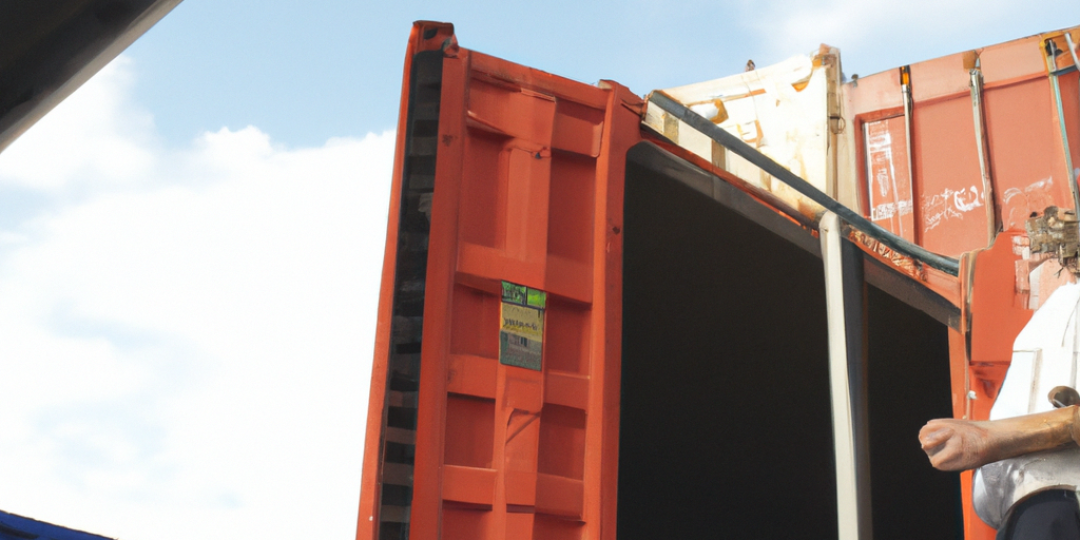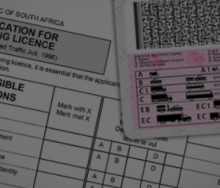Booking a container for shipping goods can be a complex process, but it can be broken down into several steps. Here's a general overview of the process:
-
Determine the type of container you need: There are several types of shipping containers, including standard dry containers, refrigerated containers, and open-top containers. Choose the type of container that best suits your cargo and shipping requirements.
-
Determine the size of the container: Shipping containers come in different sizes, including 20-foot, 40-foot, and 45-foot. Choose the size that will best accommodate your cargo.
-
Choose a shipping route: Determine the port of origin and the port of destination for your cargo, and research different shipping routes to find the one that best suits your needs.
-
Find a freight forwarder: A freight forwarder is a company that specializes in arranging shipping for goods. They will handle the logistics of getting your cargo from the point of origin to the point of destination.
-
Get a freight quote: Contact your chosen freight forwarder and provide them with the details of your shipment, including the type and size of container, the shipping route, and the cargo details. They will provide you with a freight quote for the shipping.
-
Sign a contract: Once you have accepted the quote, you will need to sign a contract with the freight forwarder. This will outline the terms and conditions of the shipping, including the cost, transit time, and any additional services that may be required.
-
Prepare your cargo: Pack and secure your cargo according to the freight forwarder's instructions and in compliance with international shipping regulations.
-
Schedule the pickup: Once your cargo is ready, schedule a pickup date with the freight forwarder. They will send a truck to pick up the container and transport it to the port of origin.
-
Track your shipment: The freight forwarder will provide you with a bill of lading, which is a document that serves as a receipt for the cargo and a contract of carriage. You can use this document to track the progress of your shipment and to clear customs.
Booking a container for shipping goods requires a lot of coordination and planning. It's best to work with a reputable freight forwarder who has experience in handling containerized cargo to ensure the process goes smoothly.
Tips and tricks that can make the container booking process easier and more efficient:
-
Plan ahead: Container shipping can take several weeks, so it's important to plan ahead to ensure that your cargo arrives on time.
-
Be accurate with cargo details: Provide accurate and detailed information about your cargo to the freight forwarder, including weight, dimensions, and special handling requirements.
-
Choose the right container: Choose the right type and size of container for your cargo to ensure it is transported safely and efficiently.
-
Understand the documentation required: Familiarize yourself with the documentation required for container shipping, such as bill of lading and commercial invoice.
-
Be aware of customs regulations: Each country has its own customs regulations. Be aware of these regulations and make sure you comply with them to avoid delays or fines.
-
Compare quotes from multiple freight forwarders: Get quotes from multiple freight forwarders to ensure that you're getting the best deal.
-
Choose a freight forwarder with a good reputation: Choose a reputable freight forwarder with experience in handling containerized cargo to ensure the process goes smoothly.
-
Make use of technology: There are various online tools that can help you to track your cargo, calculate freight costs, and automate shipping documentation.
By following these tips and tricks, you can make the container booking process smoother and more efficient.










